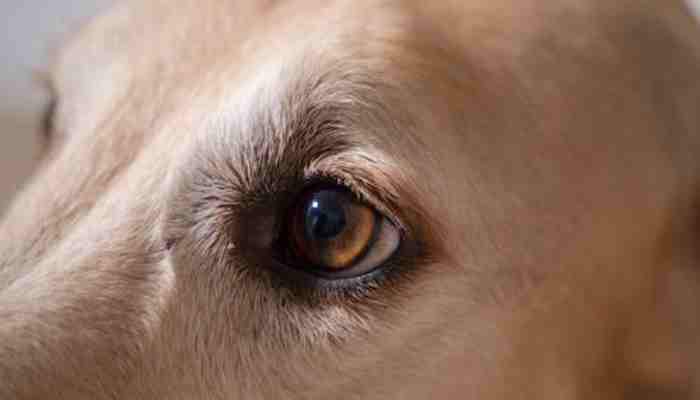If you own a puppy or a dog, it is mandatory for you to prevent your little canine buddy from getting various infectious diseases. Like people, your pets also need vaccines to fight with the infectious diseases. There are different vaccines available for dogs and puppies that are essential to prevent many different illnesses in your pets. If you are not sure about your pet’s vaccinations, take him/her to the vet for physical examination. Your vet will discuss your pet’s individual lifestyle with you and then recommend the vaccine protocol best suited to your little pooch.
What is a vaccine?
A vaccine is a biological preparation that stimulates the immune system of your pet against an array of illnesses. Typically, a vaccine is made from altered or killed forms of the microorganisms and comprises an agent that resembles a disease-causing microorganism. If your dog is vaccinated timely, your pet will not get sick or will have less effects of any illness. The significant role of all vaccines is to enable both humans and animals to live healthier and longer with microbial pathogens in a world rife. There is no doubt that majority of vaccines are highly successful in preventing dogs against diseases. But in some cases a vaccinated dog may still develop disease because the immunity of a dog may be overcome but in such cases the disease in generally milder.
How Does Vaccinations Work?
All vaccinations are specifically designed that not only stimulate your dog’s immune system but also help your pet to protect against various diseases. A vaccine works by injecting your pet with a small amount of infectious organisms. As soon as infectious agent or antigen enters your pet’s body, these are recognized by your dog’s immune system as foreign bodies and production of antibodies started to bind them and destroy them. The cells that produced the antibodies remember the invader agent even though it is gone and will identify these agents more quickly next time in the future. Vaccines can cause some reactions in animals including muscle aches, pain, hives, swelling of the face, vomiting, a low-grade fever, etc. These reactions are more common in young and toy breed dogs and can make your pet to sleep more and eat less.
Core & Non-Core Vaccinations In Dogs
Depending on your locality and your pet’s lifestyle, some infections may be more or less likely to happen. A range of vaccines are available for different diseases in dogs such as rabies, distemper, adenovirus, parvovirus, leptospirosis, parainfluenza, coronavirus, Bordetella bronchiseptica, Lyme disease, canine influenza, etc. These vaccines are also available in combinations that are convenient and can be given in one dose to your pet. Before any vaccination decision, it is better to consult your veterinarian so that they will advise you the appropriate vaccines based on your pet’s specific lifestyle and relative risks. Vaccinations for pets are of two types: core pet vaccines and non-core vaccines.
– Core pet vaccinations are advised to all puppies and dogs. These include Rabies virus, Canine distemper virus, Canine adenovirus-2 (hepatitis) and Canine parvovirus. Puppies of three months should receive a single dose of Rabies vaccine and for the adult dogs of 16 weeks or older, one dose of an initial Rabies vaccine is considered protective. After one year of the initial vaccine, second dose of vaccine is recommended for all dogs. Puppies between the ages of 6 and 16 weeks should receive a minimum of three doses of the canine distemper virus vaccine, canine adenovirus-2 vaccine, and canine parvovirus vaccine. After 16 weeks of initial vaccination, two vaccines three to four weeks apart are recommended.
– Non-Core vaccines are advised to your pets depending on your pet’s lifestyle in the special circumstances. These vaccines are optional such as Bordetella (kennel cough vaccine), Lyme disease (Borrelia burgdorferi vaccine), Leptospirosis, Canine coronavirus and Parainfluenza. Mostly, your pet’s vet will discuss with you to decide what vaccinations are necessary for your dog.
How Often Should I Vaccinate My Pet?
Many pet-owners don’t know that how often they vaccinate their dogs or puppies. Generally, your veterinarian only will decide the best vaccination schedule for your pet. After the initial year of vaccine for Rabies, your vet will advise you to give a 3-year vaccine anytime. Similarly, vets follow this same schedule for the DHPP combination vaccine for adult dogs. For kennel cough prevention in dogs, the vets recommended the bordetella vaccine every 6 months to one year depending on the individual circumstances and needs of your dogs.



